Empowering countries to monitor food security
The conference will present the importance and the main achievements of 10 years of collaboration between FAO and the European Union in supporting countries in the production of actionable, timely and reliable food security and nutrition data to guide policies and interventions.
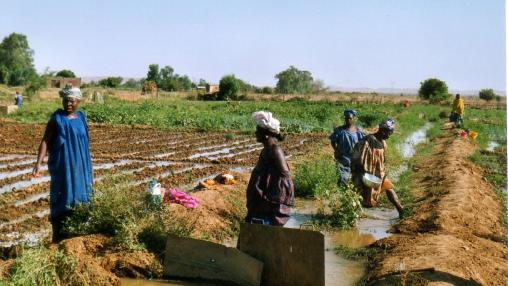
Climate Change and Household Food Access: The Case of Senegal
Throughout the Sahel region of West Africa, the majority of crops and livestock are produced during one main rainy season. Any disruptions to this season—like those caused, for example, by climate change-induced drought—can have significant negative impacts on incomes, food availability, and food security for both producers and consumers. A new article in Global Food Security examines these impacts at the household level in Senegal.
Developing Resilience to Climate Change and Achieving Food Security in West Africa: Follow up Action from the UN Food Systems Summit
Organized by IFPRI and WASCAL, this collaborative seminar will address issues, constraints, and challenges to developing resilience to climate change and achieving food security in West Africa.
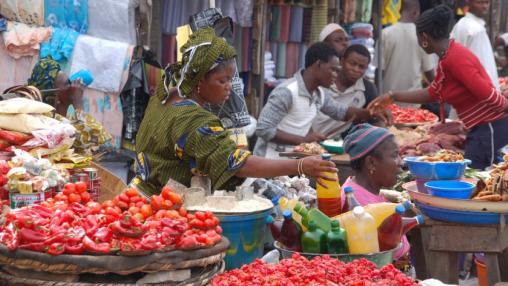
Transform Nutrition West Africa: Time to build on the momentum
This post originally appeared on IFPRI.org
The COVID–19 pandemic, ongoing conflicts, and other problems made 2020 a difficult year for global nutrition. Knowledge will be crucial in addressing current nutrition issues and advancing the nutrition agenda for 2021 and beyond. Transform Nutrition West Africa (TNWA), a project led by IFPRI and funded by the Bill & Melinda Gates Foundation from 2017-2021 and now concluding, has worked to put stakeholders and knowledge generation at the heart of decisions about policies and programs for maternal, infant, and young child nutrition.
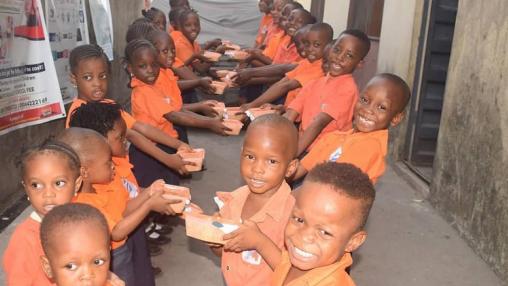
COVID-19-induced disruptions of school feeding services exacerbate food insecurity in Nigeria
This blog post originally appeared on IFPRI.org and is part of a special series of analyses on the impacts of the COVID-19 pandemic on national and global food and nutrition security, poverty, and development. The blog series is edited by IFPRI director general Johan Swinnen and A4NH director John McDermott.
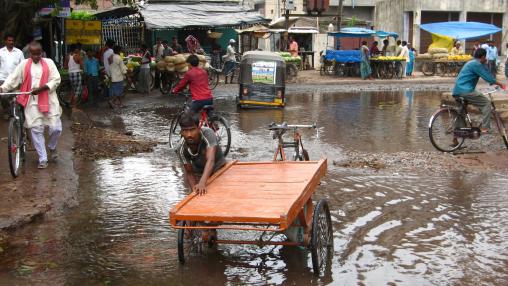
The world is not on track to end hunger: 2021 SOFI report released
Our window of opportunity for achieving SDG 2 — eradicating hunger and malnutrition and ensuring access to safe, nutritious, and sufficient food for all by 2030 — is closing rapidly. However, far from moving closer to that goal, the world has seen a resurgence of hunger and food insecurity.

Latest FEWS Net Alerts Report Food Crises in Several Countries
Several African countries are currently experiencing acute or worsening food insecurity, according to FEWS Net.
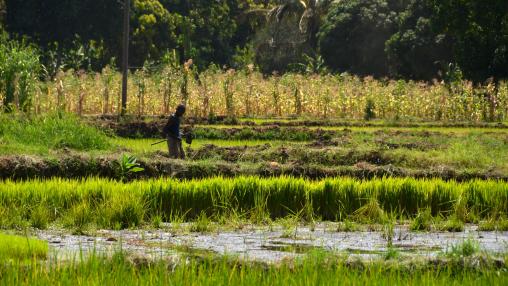
Africa Can Be Self-Sufficient in Rice Production
Every year, people in Sub-Saharan Africa consume 34 million tons of milled rice, of which 43 percent is imported. But the COVID-19 pandemic has greatly hampered supply chains, making it difficult for imported rice to reach the continent. Indeed, if immediate action is not taken, the supply shortfall will further strain the region’s food systems which are already impacted by the pandemic.
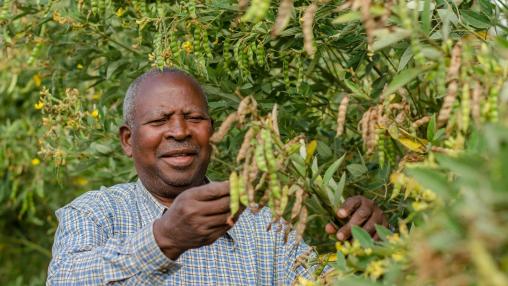
New book released: Moving Malawi beyond subsistence agriculture
Most of Malawi’s 4 million households still rely primarily on rainfed crop production with limited use of agricultural inputs for their food needs. But subsistence farming is failing to meet the dietary requirements of all Malawians: In recent years, several hundred thousand households annually have faced acute food insecurity. Insufficient harvests have resulted from either too little or too much rainfall and from limited use of inputs, while landholdings shrink as the population grows. Yet the country’s policy approach to food security continues to center on subsistence production.
Webinar: Value Chain Development and The Poor: Promise, delivery, and opportunities for impact at scale
In recent years, value chain development (VCD) in the agrifood system has been hailed as a practical way to expand market access for smallholder producers, reduce poverty, enhance environmental sustainability, and improve food security and gender equity. Despite significant investments in VCD from governments, donors, and NGOs, however, evidence regarding the effectiveness of VCD interventions in addressing these important development goals remains lacking.